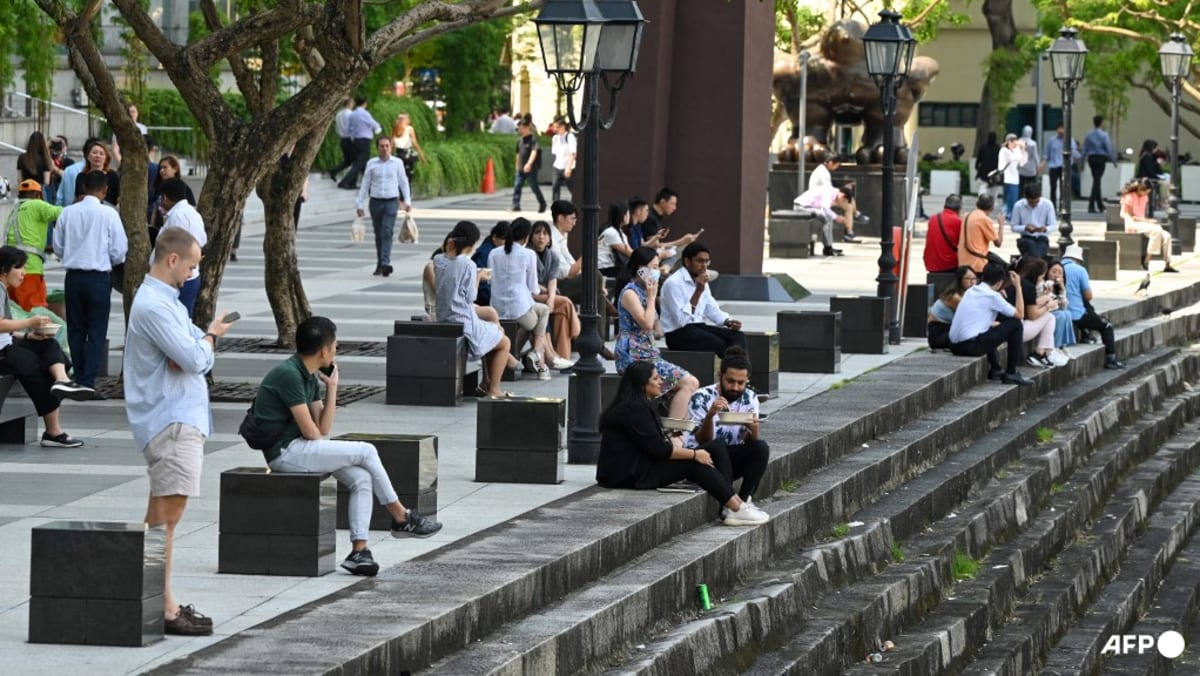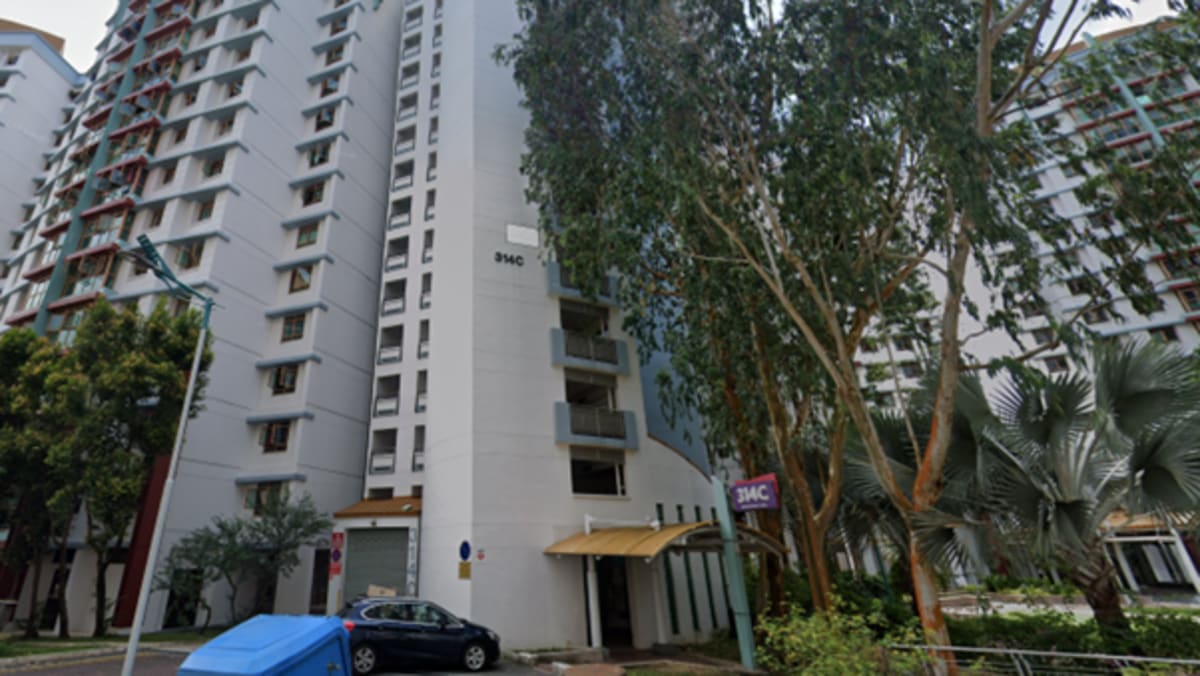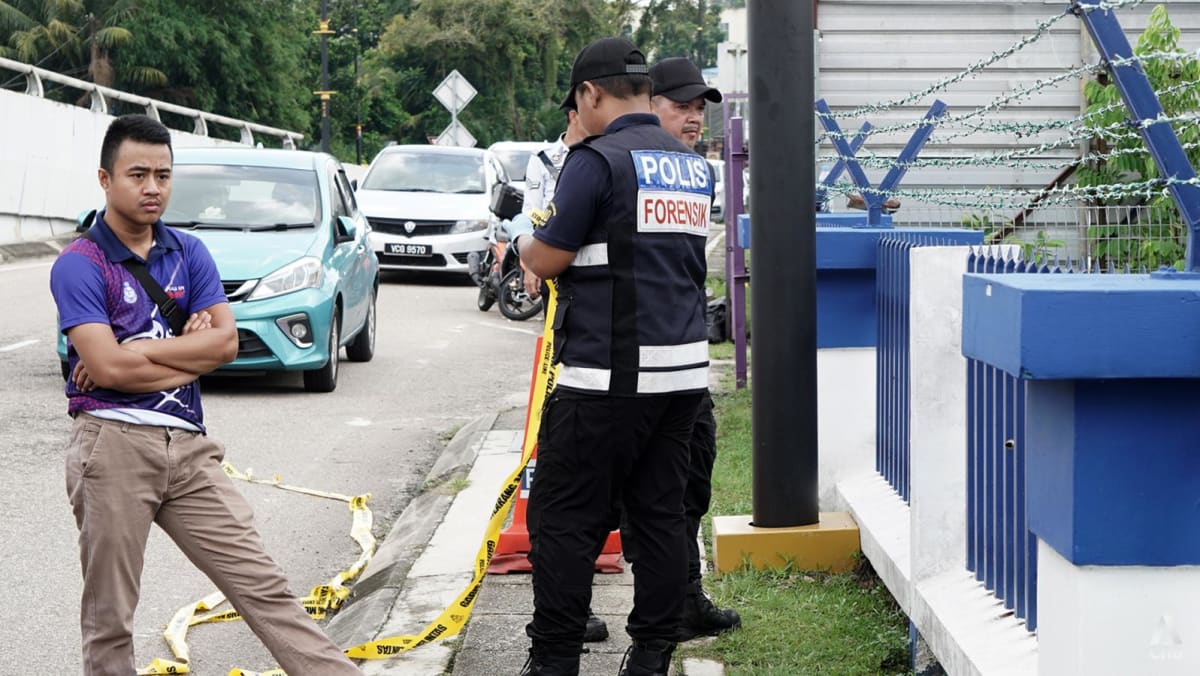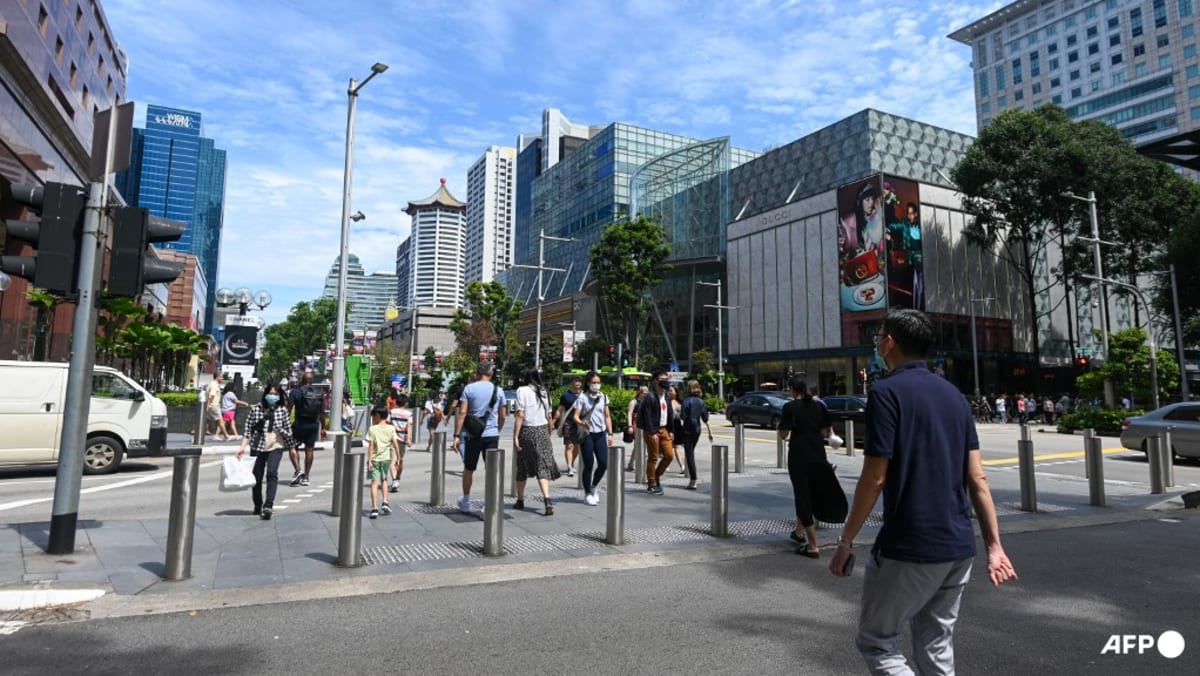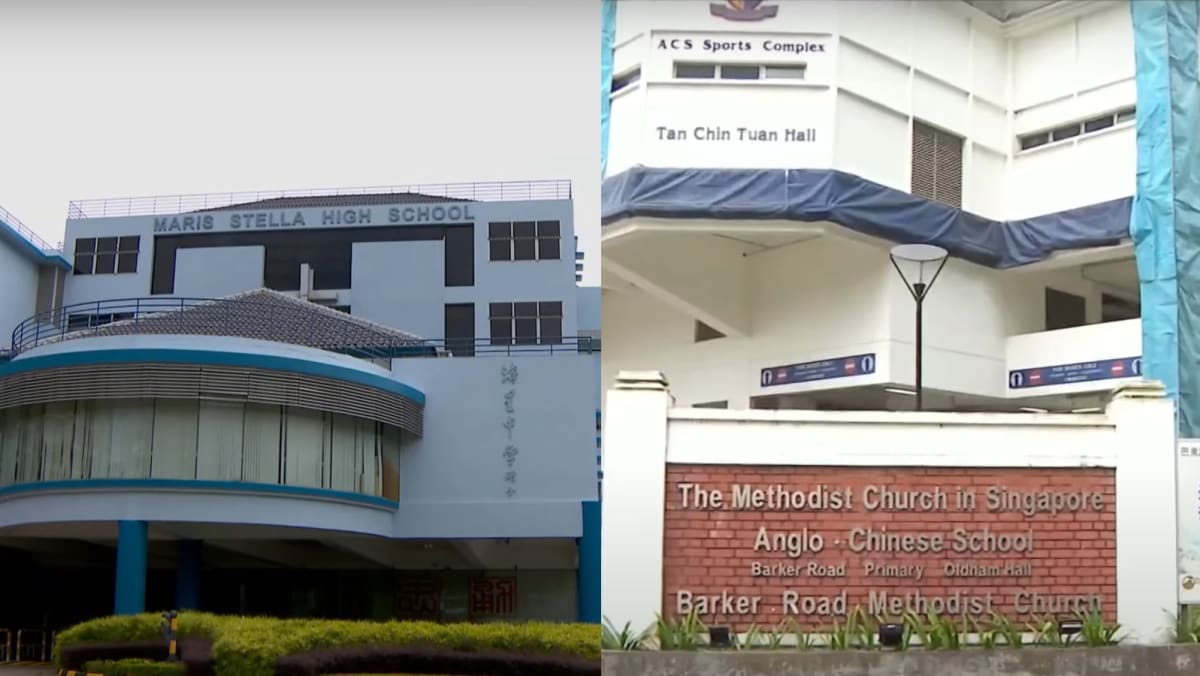MP Cheryl Chan (PAP-East Coast) then asked whether Singapore would see more offshoring of jobs as a result of the flexible work arrangement guidelines.
She also asked whether middle-aged professionals, managers, executives and technicians (PMETs) would be disadvantaged by the guidelines and by the redesign of job roles to accommodate flexible work arrangements.
Ms Gan replied that flexible work arrangements were not limited to flexi-place arrangements (like working from home), and did not mean workers will be less productive.
She added that businesses were driven by their own bottom lines in assessing talent and costs.
“I think we should not pretend that without flexible work arrangements, there’ll be less offshoring,” she said.
“I would also point out that elsewhere, in the US, for example, we are also seeing some tech companies putting out statements that remote work does not work for them.
“There seems to be some suggestion that actually, for certain sectors and for certain types of work, physical on-site presence, teamwork, all these are still very key.”
She said that some companies in Singapore have shared similar feedback, adding: “For those, I think offshoring may not be a natural choice, and certainly would not be affected by these guidelines.”
Ms Gan said that the focus for middle-aged PMETs is on making sure they have the right skills and on their “career health” to make sure they stay employable.
Addressing MPs’ questions, she also reiterated that the guidelines do not mandate flexible work arrangements or set hard targets.
“For flexible work arrangements to be successful, it must make businesses sustainable for the employers,” she said.
“It does not make sense to require businesses to offer flexible work arrangements, even when it negatively impacts business and affects employment prospects for Singaporeans.”





